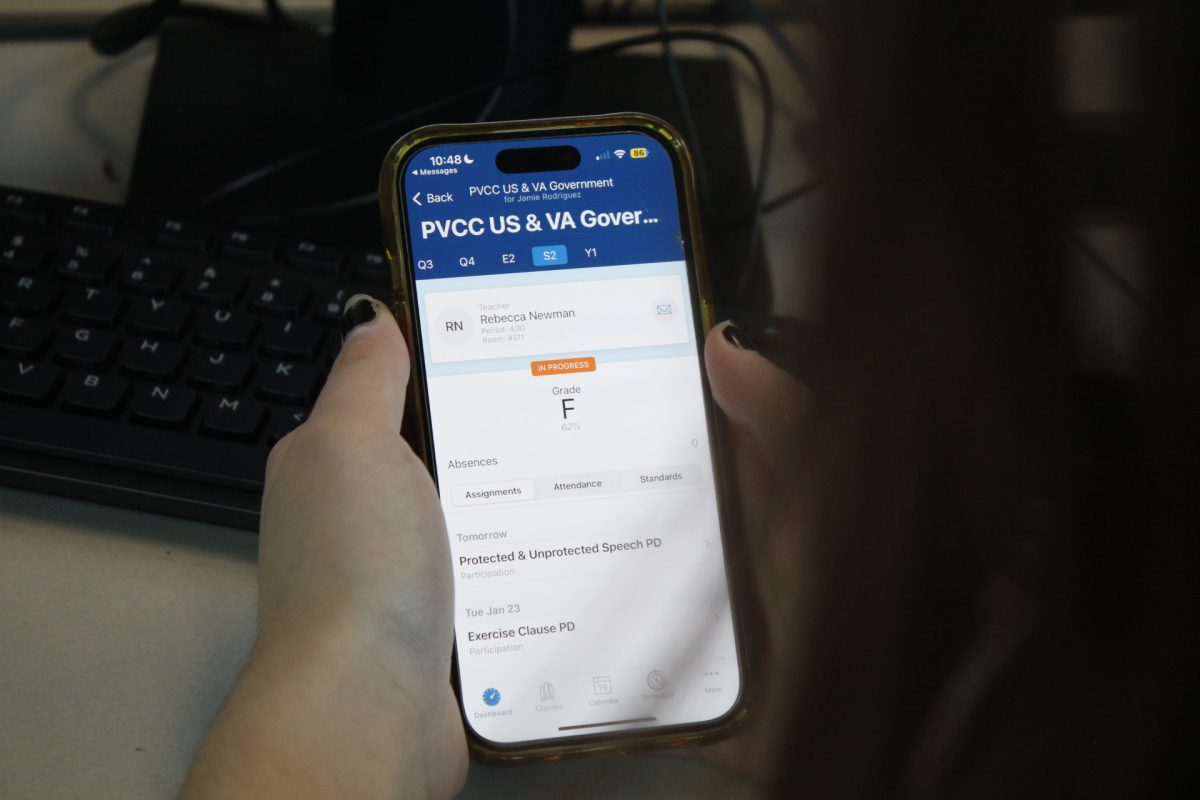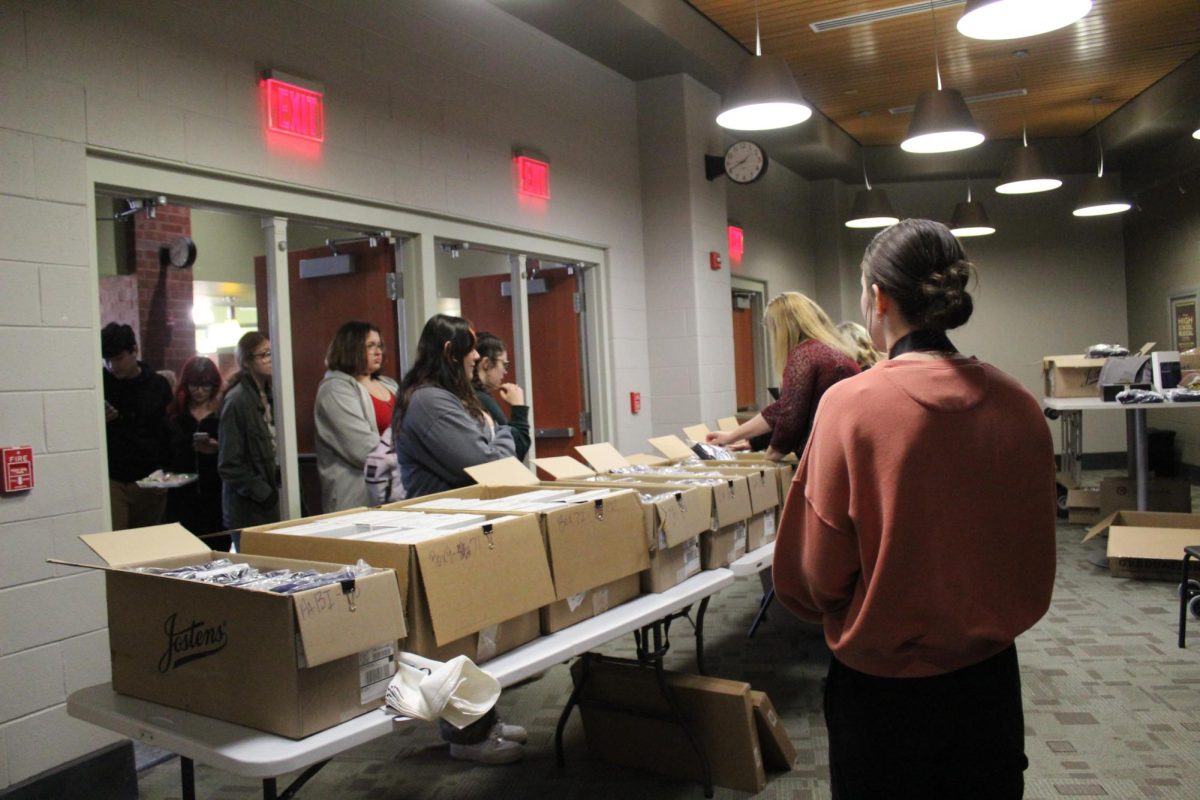Have you ever found yourself staring at a test and feeling as if there is no way you should be expected to know the information? You may not be alone. Many students and teachers have noticed a decline in students’ academic performances. Students are finding it harder to keep up, and teachers are struggling to slow down and still cover the curriculum.
I know that I am not alone in noticing this phenomenon. I have run into others sharing this sentiment on the internet countless times. One trend that comes to mind was the recurring joke on Tik Tok of “Me in 20 years as your doctor after using ChatGPT throughout Med School.” Each video switches out the word “doctor” with the user’s dream job to personalize the video. This trend seems to be indicative of what might be the source of the problem; increased reliance on technology.
At the risk of sounding like your grandmother, I have to agree. I often find myself slipping into the habit of thinking “Well, if I can just do it when I get home, why shouldn’t I?” I find it hard to believe that, before 2020, if I didn’t get my online work done in class it was counted as missing or incomplete as deadlines were at the end of class, not 11:59 pm.
This habit of procrastinating my work and leaving it until I get home leads to increased phone usage. If I’m not going to do my work, why not check my phone, since I’m already being unproductive? Paradoxically, being on my phone for long periods of time makes me feel unproductive, sad, and bored, even in the midst of being “entertained.”
Others have definitely shared this sentiment. “I always feel worse after spending a lot of time on my phone because I feel like I’ve lost time that I could’ve been doing something productive like reading, doing homework, or cleaning my room. I also feel like the more time I spend on [my phone] the shorter my attention span gets and the more I struggle with school and other things that require a long period of focus,” said junior Avery Abel.
High schoolers aren’t the only ones experiencing the effects of being strongly dependent on technology. For me, my nephew always comes to mind. Since he was born in 2013, he is undoubtedly a part of Generation Alpha, and “Gen Alpha” he certainly is. For his entire life, his world has been defined by information on a screen. In March of 2020 when schools–and most ways of life–were suddenly uprooted, he was in kindergarten. This left him with only three-quarters of a year of formal education. He then spent his entirety of first grade learning how to navigate Google Meets in lieu of learning how to read.
According to the Virginia Department of Education, a student in first grade should be practicing penmanship and improving their fine motor skills. My nephew, who is currently in fifth grade, still struggles to hold a pencil, but can type faster than his millennial parents.
It’s not just my nephew who has become completely, and detrimentally, reliant on technology. I have witnessed this during my time working at a summer camp. I’ve seen 14-year-olds sneaking out of breakfast to text their friends who were placed in a different cabin for the week. Ten-year-old boys where over half of them have the same dream of wanting to be a “professional content creator.” Eight-year-olds whose attention spans were so shot they were more excited for movie night than getting to swim in the lake.
I am not alone in my observations.. “I have noticed that the two kids that I babysit make it very hard to get them off the computer or the Ipad,” said Abel. “The most recent time I babysat them I struggled to get them to stop using their new Oculus VR headset that they got for Christmas. While the older one was using it, I had to ask him what he wanted for dinner at least five times before he even registered that I was talking to him,” he added
I feel as if each day I become more frustrated with the world’s increase in reliance on technology, and I know I’m not alone. When asked about the recent switch to computer-based instruction in classes, junior Nea Arndt said, “I think doing [assignments] on paper allows you to be more creative with what you use to write with and how you write it out…It makes [school] more boring doing work on a computer all day, because it can get really tiring after a while.”
The words “pull out your computers” used to be a treat. I still remember the excitement of crowding around the chromebook cart. Now, it feels like a chore to type in my school email address day in and day out. Watching a video used to be a much-needed break from notes, but now I have classes where that is the near-sole method of instruction. I find myself longing for work sheets and paper pencil work, something that the me of five years ago would have found depressing.
Dang, I sound like my parents. Now the world really is ending.








Linda Fletcher • Feb 2, 2024 at 10:28 AM
Great article Jamie! As a language teacher I can attest first hand to how dependence on technology (i.e. google translate) literally handicaps a person’s ability to learn a language. The old fashion way is the only way language learning works.